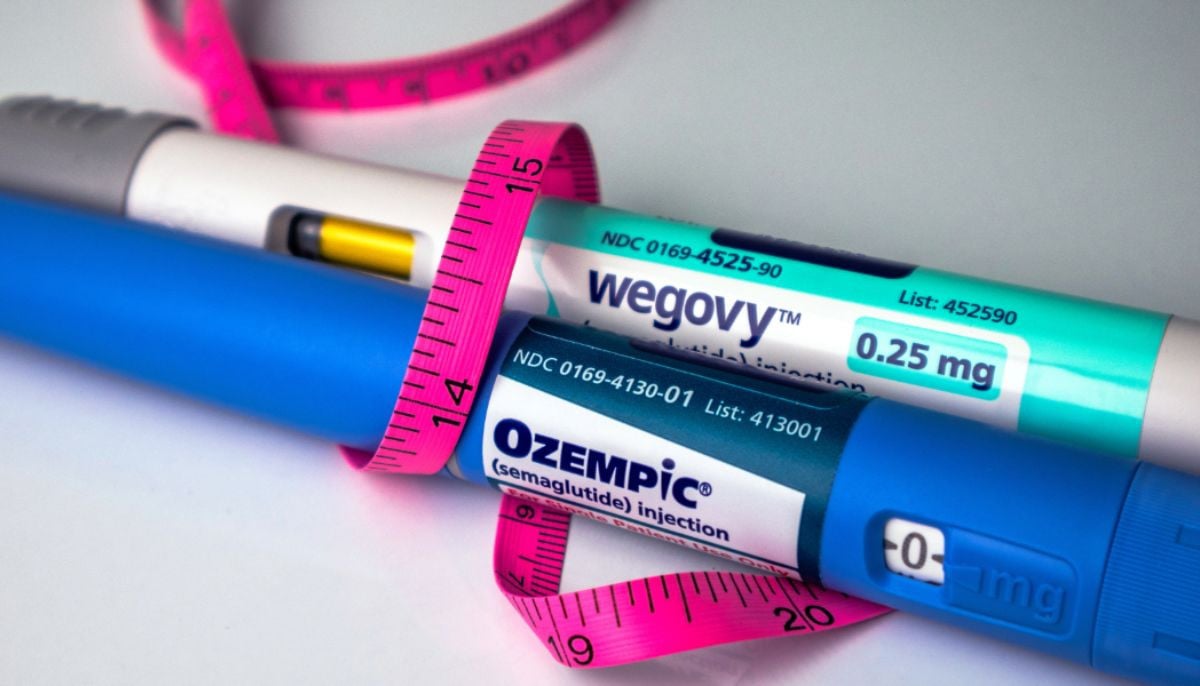Dietary choices, exercise can lower risk of depression, finds study
Researchers say oranges may also lower risk of the disease by 20%
Depression is an illness that affects approximately 5% of the adult population of the world and the symptoms of the disease can negatively impact a person's life.
However, a person's diet and physical activity play a major role in lowering the risk of depression.
Just in a last few months, researchers have highlighted how dietary choices, exercises and medication used to treat other illnesses might have an impact on risk of developing depression.
Drugs like Ozempic are linked to lower depression risk. The condition is linked to a number of physical illnesses including diabetes. Data suggests that diabetic people are twice as likely as people without diabetes to also be diagnosed with depression, according to Medical News Today.
Moreover, oranges may lower risk of the disease by 20%. As established earlier, diet plays an important role in keeping depression at a distance and a study published in the journal Microbiome in November 2024 has delved a bit deeper in the specifics.
The study concluded that people who eat an orange every day may lower their risk of depression by 20%.
Lead author of the study, MD Raaj Mehta stated in a press release that just "one medium orange a day" can keep depression at bay.
Furthermore, moderate or vigorous exercise can also help in lowering the risk of depression and other brain conditions. Research due to be presented in early April 2025 suggests that moderate-to-vigorous exercise in linked to a lower chance of developing a range of neuropsychiatric diseases such as dementia and depression.
-
Jada Pinkett Smith details how her memoir combats 'shame' around alopecia
-
Billy Joel admits cancelling of tour due to brain disorder 'sounds a lot worse' than it is
-
Chester Bennington’s mental health story and lasting legacy
-
Yerin Ha opens up about shocking diagnosis post ‘Bridgerton’ season 4
-
Everything to know about Justin Bieber's facial paralysis
-
Sarah Ferguson’s dual cancer journey
-
Demi Moore was left with ‘intense’ illness after ‘The Substance’
-
How Michael J. Fox helped Harrison Ford with his Parkinson's monologue












